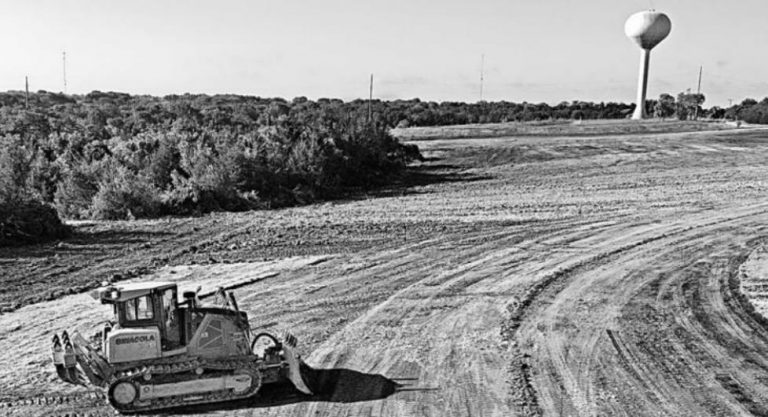Our Constitution does not specifically mention education, although amendments ten and fourteen have each been applied to it at various times. States generally oversee what goes on in our schools with regard to major issues. However, the nitty-gritty of local education is handled by a group of men and women known as the “school board”. School boards consist of three, five, or seven members delegated with the power and authority to “develop policies, rules, and regulations in connection with school site location, school finances, equipment purchases, staffing, attendance, curriculum and other functions essential to the day-to-day operation of the school”. Powers vary by state and some boards are also authorized to levy taxes, invest resources, initiate eminent domain proceedings, acquire land, and assume bonded indebtedness. The school board must abide by the state’s constitution, statutes, and judicial rulings before making decisions. Ideally, board members understand their community’s needs and strive to give students a quality education that prepares them for adult life.








